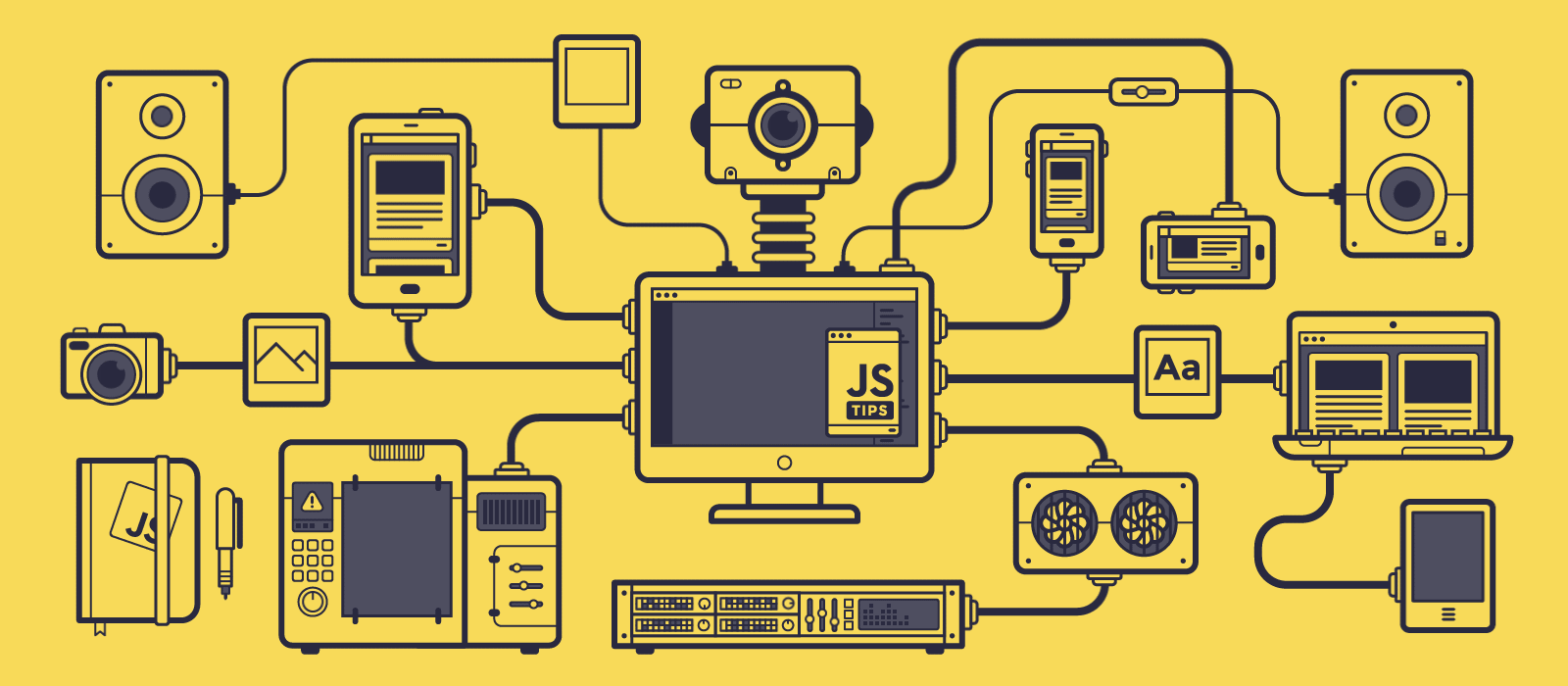Career in .NET Development | Complete Guide for Beginners
Home / Blogpost
Introduction
The world of software development is growing faster than ever. Businesses need secure, scalable, and user-friendly applications and software to meet their modern demands. Among the many technologies available, .NET development has earned a solid reputation. Powered by Microsoft, it offers developers a powerful framework to build web, desktop, mobile, and enterprise-level applications. If you are a beginner planning your future in IT, a career in .NET development can be a great choice!
This guide will cover everything you need to know, what .NET is, the skills required, career opportunities, roadmap, and how you can start your journey in how much time.
What is .NET Development?
.NET is an open-source development framework created by Microsoft. It allows developers to build applications across multiple platforms, such as Windows, macOS, Linux, Android, and iOS. With .NET Core and .NET 6/7, cross-platform development has become easier and more efficient.
In simple words, .NET helps developers create apps faster with reusable code, strong security, and a wide library of tools.
Why Choose a Career in .NET Development?
- High Demand:
Companies worldwide rely on Microsoft technologies, making .NET developers valuable assets. - Versatility:
You can work on web apps, mobile apps, cloud solutions, or even gaming with Unity (which uses C#). - Job Security:
Large enterprises, government organizations, and startups trust .NET for long-term projects. - Good Salary Packages:
Skilled .NET developers earn competitive salaries. - Future Growth:
With the rise of AI, IoT, and cloud computing, .NET is adapting to modern needs.

Skills needed to become a .NET Developer
Technical Skills:
- C# Programming Language: The backbone of .NET development.
- ASP.NET Core: For building web applications.
- Entity Framework: For database management.
- SQL / Databases: To handle data storage and queries.
- Front-End Basics: HTML, CSS, JavaScript (to make apps interactive).
- Cloud Platforms: Microsoft Azure knowledge is a big plus.
- Version Control: Git/GitHub for teamwork.
Soft Skills:
- Problem-solving ability.
- Communication and teamwork.
- Continuous learning mindset.

Roadmap for Beginners in .NET Development
Here’s a step-by-step guide to follow:
- Learn C# basics: Syntax, OOP concepts, data types, loops, and functions.
- Practice with Console Applications: Build small projects to strengthen logic.
- Move to ASP.NET Core: Create your first web application.
- Work with Databases: Use SQL Server and Entity Framework.
- Learn Frontend Basics: HTML, CSS, and JavaScript for better UI.
- Explore Cross-Platform Development: Learn .NET MAUI for mobile apps.
- Work on Real Projects: Try building a blog, e-commerce site, or task manager.
- Contribute to GitHub: Showcase your projects for employers.
- Learn Azure Cloud: Deploy apps and understand cloud computing.
- Prepare for Interviews: Revise concepts and practice coding challenges.
How Much Time Does It take to learn .NET Development?
The time required to become a .NET developer depends on your background, learning style, and career goals. But here is a breakdown so you can have an idea:
- Basic Understanding (1–2 months)
- Learn the fundamentals of programming (C# language, OOP concepts).
- Get familiar with Visual Studio and the .NET framework basics.
- Build simple console or desktop applications.
- Intermediate Skills (3–6 months)
- Explore ASP.NET Core for web development.
- Learn about databases (SQL Server, Entity Framework).
- Work on projects like small web apps or APIs.
- Advanced Development (6–12 months)
- Master modern .NET Core for cloud-based and cross-platform apps.
- Learn Blazor, microservices, and integration with Azure.
- Gain experience in real-world projects, debugging, and performance optimization.
- Job-Ready Skills (9–18 months total)
- Build a portfolio of projects.
- Learn collaboration tools (Git, GitHub).
- Understand enterprise-level .NET services.
- Prepare for interviews and certifications (like Microsoft Certified: .NET Developer).
If you are studying in college or perusing any degree it may take a little longer to manage it with your daily work but it is worthy. I suggest you to must start now so at time of your inauguration you are already an expert in the skill and will get job right away!
Career Opportunities in .NET Development
As a .NET developer, you can apply for roles such as:
- .NET Software Developer
- ASP.NET Core Developer
- Full-Stack .NET Developer
- Cloud App Developer (Azure)
- Mobile App Developer (.NET MAUI / Xamarin)
- Game Developer (Unity with C#)
- Software Architect


Future of .NET Development
The future is bright for .NET developers because:
- Microsoft continuously updates the framework (latest versions are .NET 6 and .NET 7).
- It supports cross-platform and cloud-first applications.
- Integration with AI, IoT, and Blockchain is improving.
- Businesses prefer long-term, stable frameworks like .NET.
Conclusion
A career in .NET development is both rewarding and future-proof. Whether you want to work for a multinational company, join a startup, or freelance, .NET skills open many doors. With the right roadmap, continuous practice, and willingness to learn, you can build a successful career as a .NET developer in 2025 and beyond.